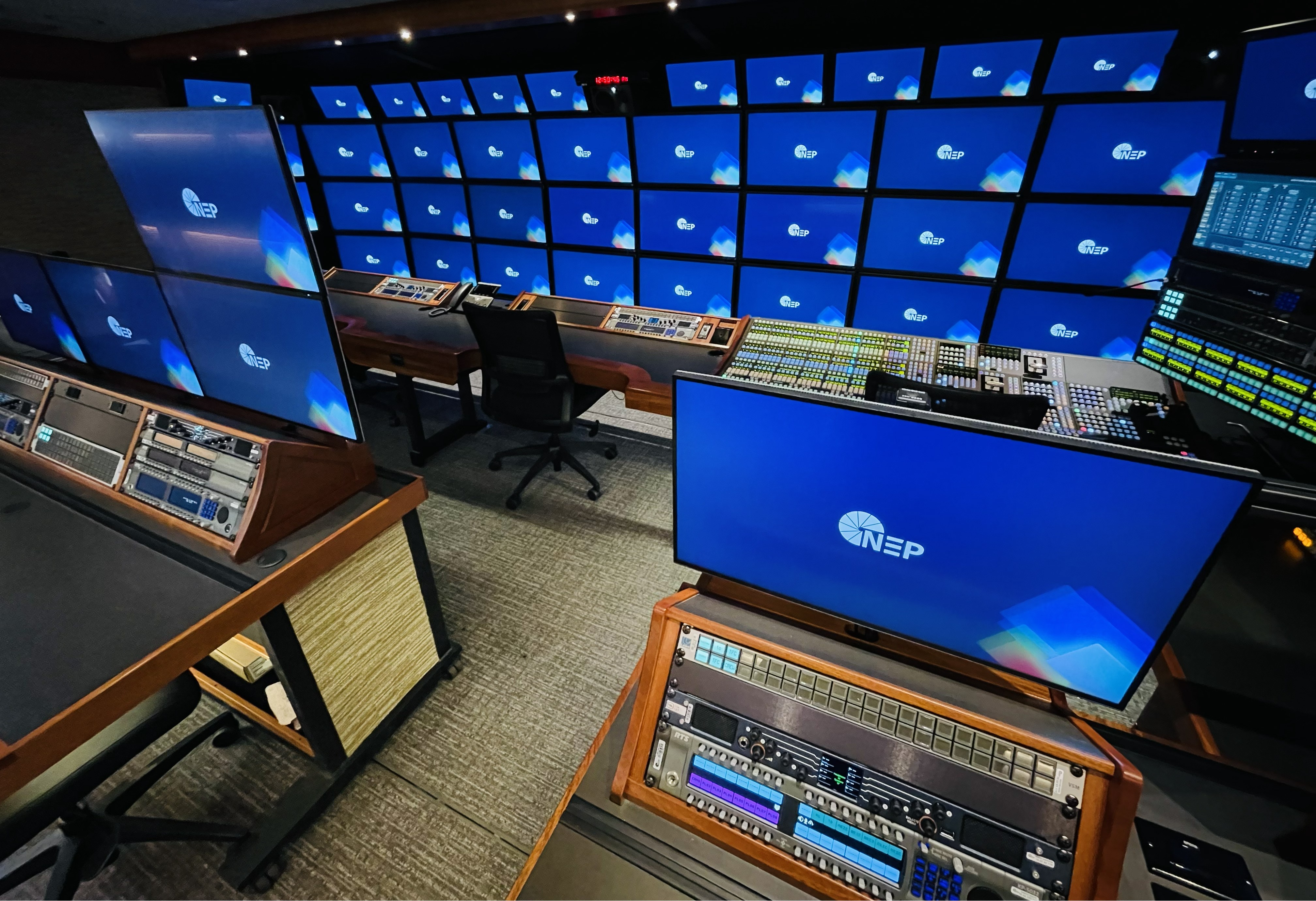PTV Execs Push for Blanket Waiver from ATSC 3.0 Simulcasting
The professional video industry's #1 source for news, trends and product and tech information. Sign up below.
You are now subscribed
Your newsletter sign-up was successful
WASHINGTON—Executives representing noncommercial TV stations and PBS have met with FCC Media Bureau officials in person and by phone in the past two months to press their case for exempting noncom stations from simulcasting requirements in the transition to Next Gen (ATSC 3.0) TV transmissions, according to FCC documents.
The FCC is requiring TV stations to broadcast in both ATSC 3.0 and the current ATSC standard during a transition period since viewers can't receive the new transmissions without a new set or adapter and, unlike the digital transition, there is no program for subsidizing adapters.
In meetings with Martha Heller, chief of the Media Bureau's policy division, America's Public Television Stations EVP Lonna Thompson and PBS assistant general counsel Talia Rosen were pressing the case that the FCC should grant noncoms a blanket waiver of the requirement, given "the unique mission, structure, governance, finances, history, geographic layout, and regulatory treatment" of educational licensees.
ATSC 3.0 will allow for geographically targeted broadcasts and interactivity as well as 4K HD video.
Cable operators have opposed a blanket waiver for noncoms.
"Public broadcasters pay lip service to the need to serve viewers who receive their public television service over cable systems and other MVPDs but ask for the unilateral right to decide when to stop transmitting a viewable ATSC 1.0 signal based on vague and unenforceable factors," NCTA-The Internet & Television Association said in comments last year. "But this type of flash-cut approval is simply another way of arguing that broadcasters, not the Commission, should be able to determine when the transition to ATSC 3.0 ends ..."
Such a blanket waiver would indeed allow noncoms to "flash cut" to ATSC 3.0, but both APTS and PBS have told the FCC that is not their plan—given the centrality of their public service mission not to leave viewers behind—but that a blanket waiver would let them better plan for rolling out interactive curriculum-driven children’s content, advanced public safety measures and robust accessibility features on a rolling, market-by-market, basis.
The professional video industry's #1 source for news, trends and product and tech information. Sign up below.
If noncoms can't get a blanket waiver, they would like a presumptive waiver, which means that the FCC would presume they don't have to simulcast—like a presumption of innocence until proven guilty—and it would be up to opponents of a particular waiver to convince the FCC it was not in the public interest to grant it.
For a comprehensive source of TV Technology’s ATSC 3.0 coverage, see ourATSC3 silo.
This story first appeared on TVT's sister publication B&C.
Contributing editor John Eggerton has been an editor and/or writer on media regulation, legislation and policy for over four decades, including covering the FCC, FTC, Congress, the major media trade associations, and the federal courts. In addition to Multichannel News and Broadcasting + Cable, his work has appeared in Radio World, TV Tech, TV Fax, This Week in Consumer Electronics, Variety and the Encyclopedia Britannica.

